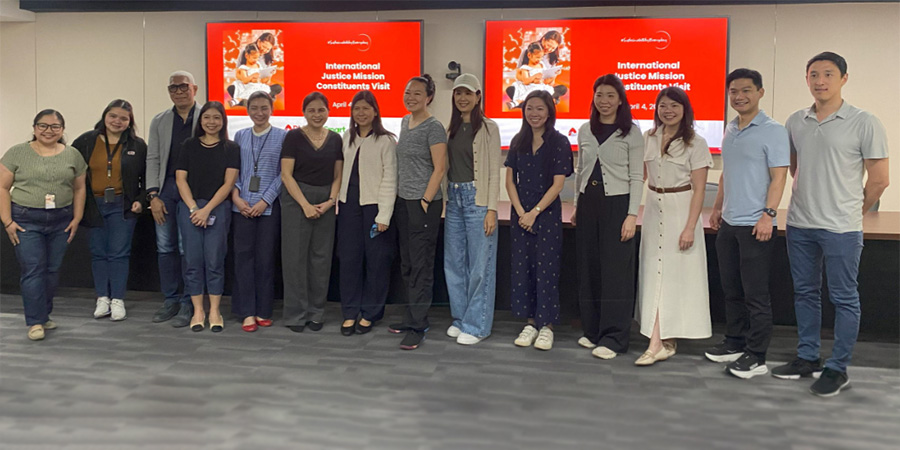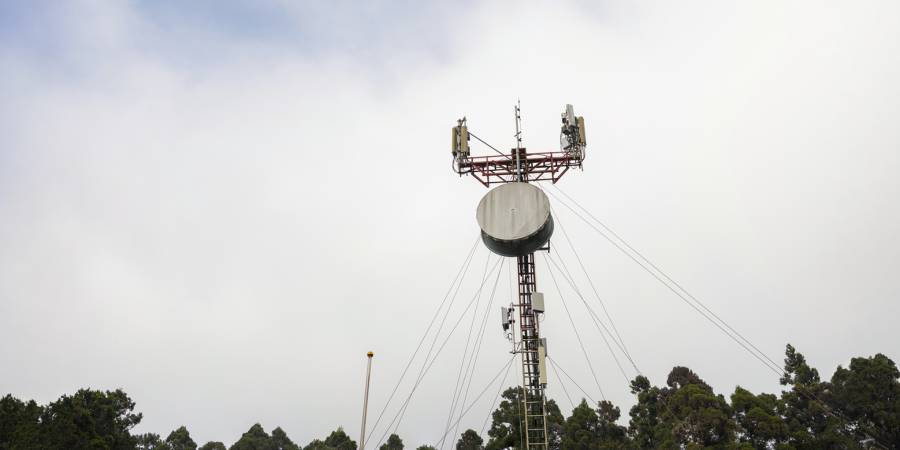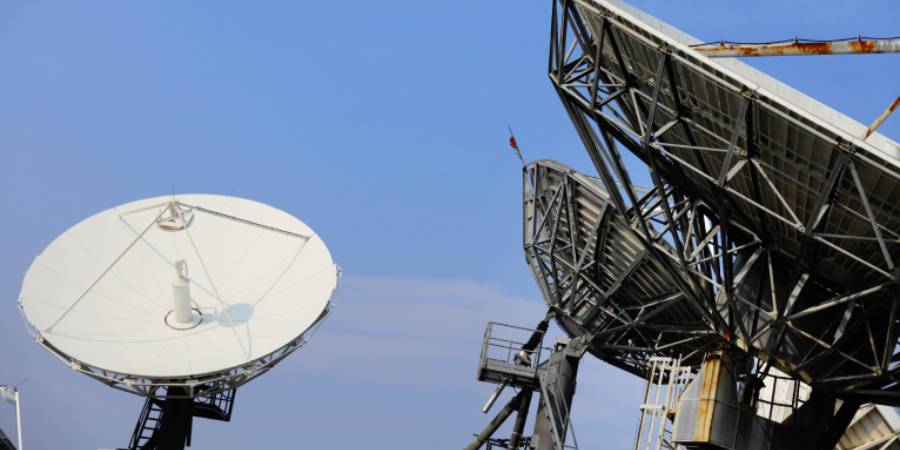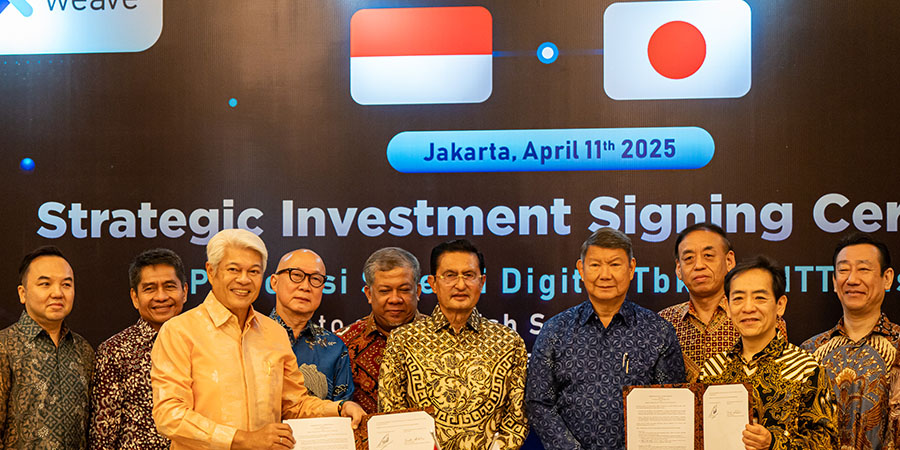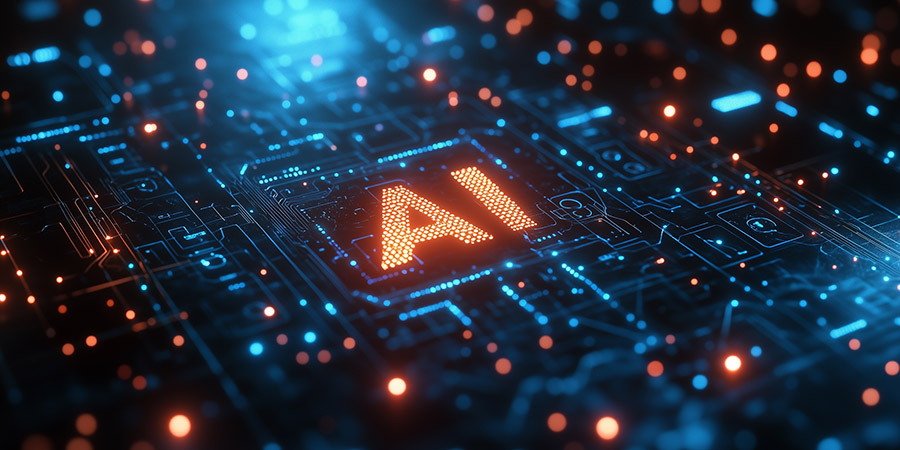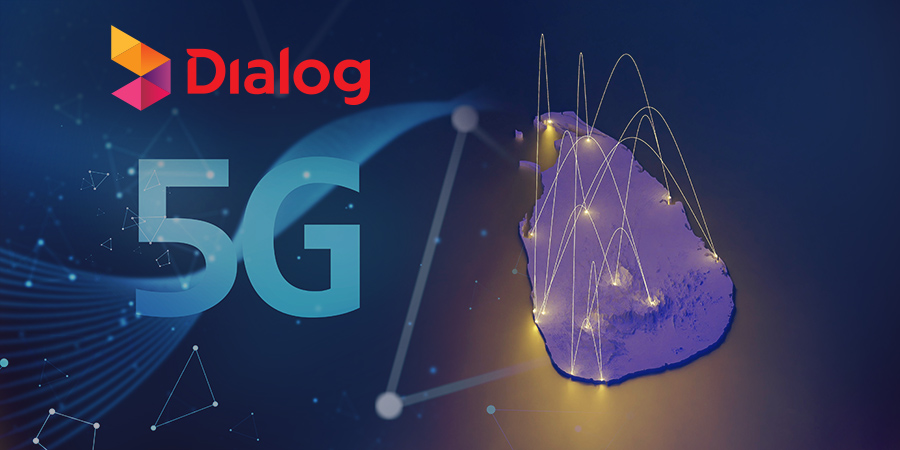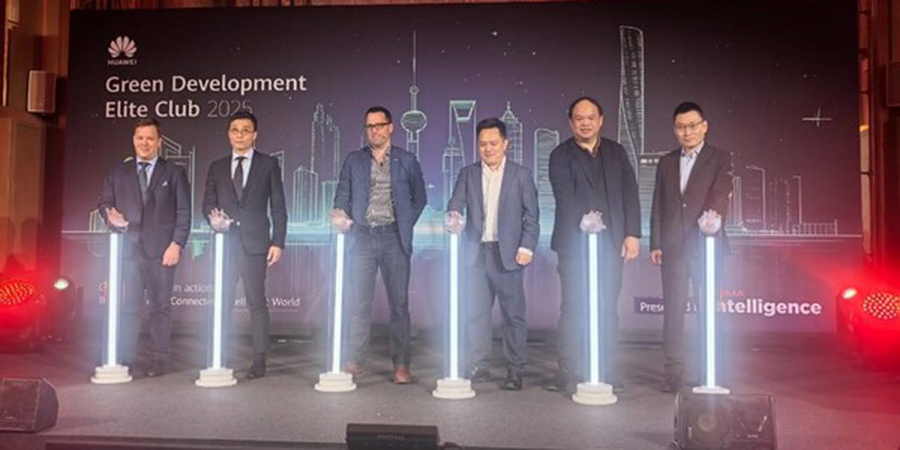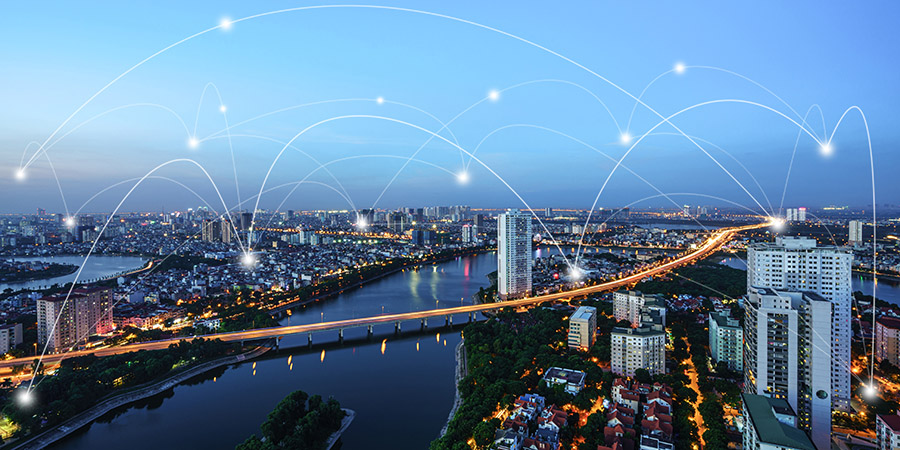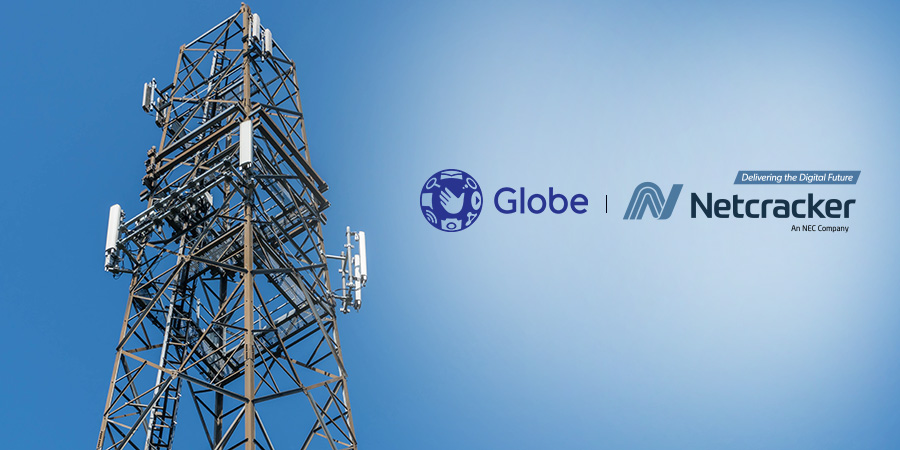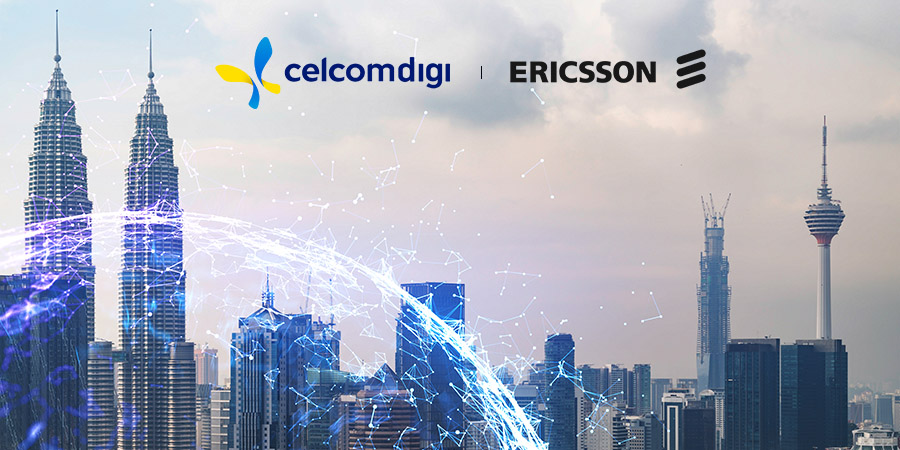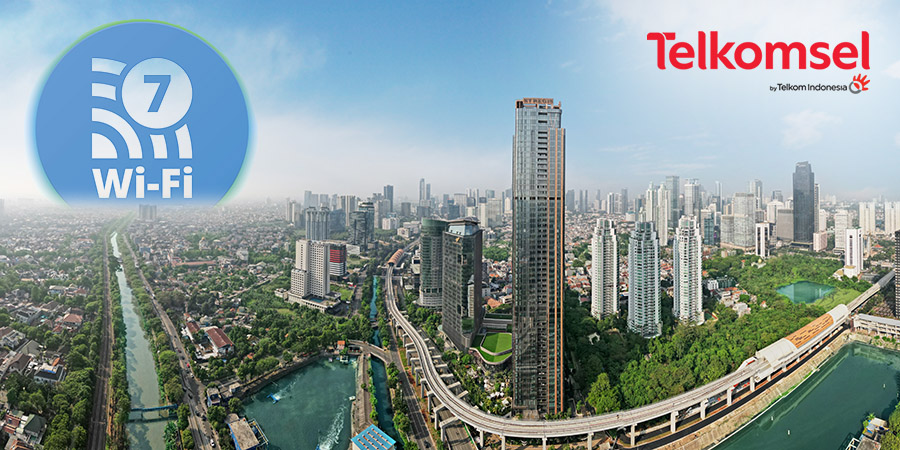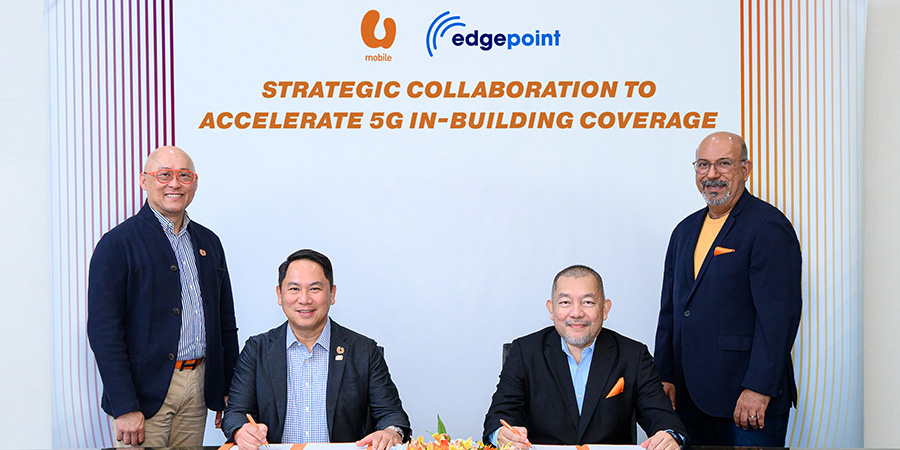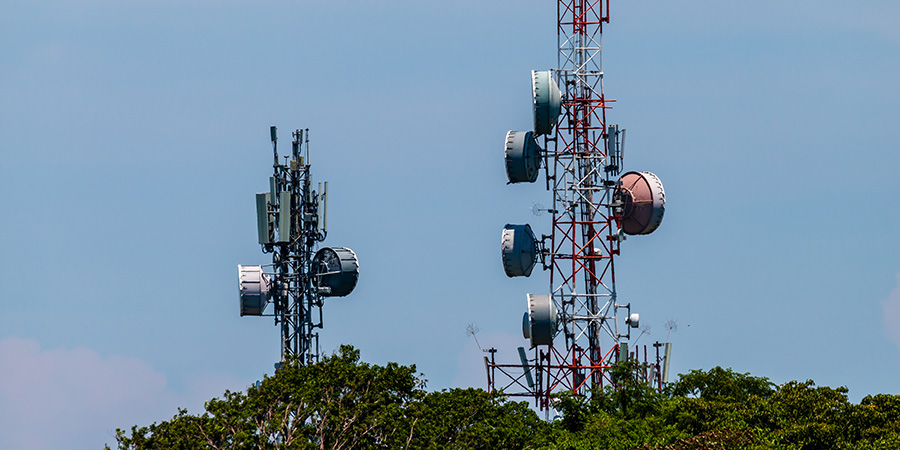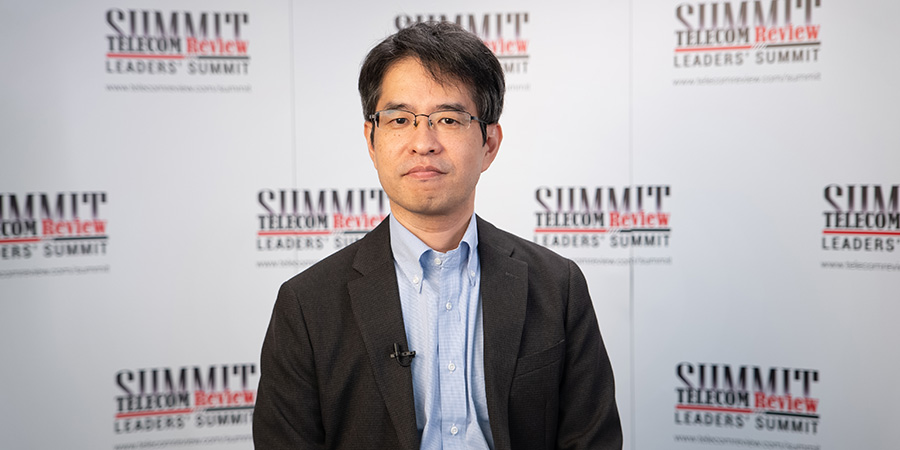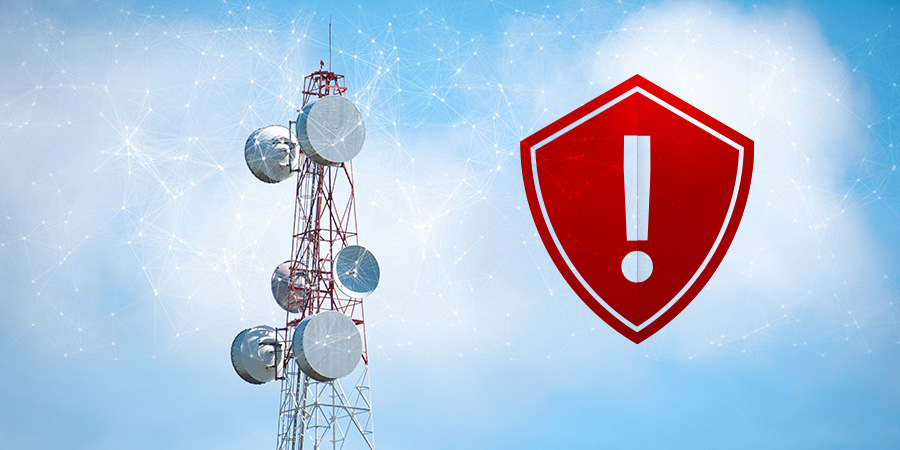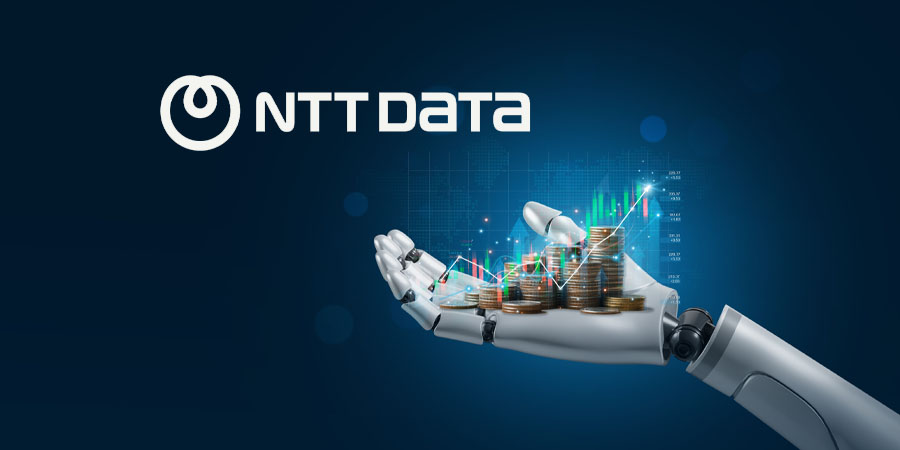Telkomsel, an Indonesian operator, has successfully completed the first validation of Wi-Fi 7 in Indonesia in collaboration with the Ministry of Communication and Information (Kominfo). They are now planning to incorporate this technology into their fixed broadband services.
Telkomsel conducted trials of Wi-Fi 7 with Kominfo and various global technology partners, aiming to achieve internet speeds of up to 10 Gbps.
Recent Policy News: COAI Calls for Pause on Wi-Fi 6E Router Sales Amid Spectrum Debate
This new technology also promises increased user capacity, lower latency, and improved energy efficiency. According to Telkomsel, Wi-Fi 7 has shown significant performance and stability during trials, especially when used with Low Power Indoor (LPI) device specifications. This technology can greatly enhance the network experience and surpass expectations.
Wi-Fi 7, also known as 802.11be, boasts theoretical peak download speeds exceeding 40 Gbps. It operates on the 2.4-GHz, 5-GHz, and 6-GHz bands, similar to its predecessor, Wi-Fi 6E. However, Wi-Fi 7 offers wider bands for 5 GHz and 6 GHz, as well as multi-link operation for faster speeds and improved performance. To fully benefit from Wi-Fi 7, users will need compatible routers and devices.
Latest Service News: Telkomsel Launches eSIM Service for Local Market
Telkomsel's VP of Technology Strategy and Consumer Product Innovation, Ronald Limoa, believes that Wi-Fi 7 is a crucial technology that can enhance home internet networks, providing a smoother and more efficient network experience for users at home or in offices. Although Telkomsel has completed the first validation of Wi-Fi 7 in Indonesia, they are not the only service provider in the country planning to adopt this technology.
MyRepublic, a multinational ISP, partnered with Chinese vendor, ZTE, to introduce the first Wi-Fi 7 product in Indonesia on May 30. ZTE and MyRepublic are working together to promote the commercial implementation of Wi-Fi 7. MyRepublic Indonesia, a subsidiary of Indonesian conglomerate, Sinar Mas, began offering ISP services in the country in 2015 and currently operates in 45 cities and 61 regencies.
Also Read: Telkomsel Partners with Vonage to Revolutionize Network Capabilities
Telecom Review Asia Exclusive Feature: Asian Telecom Leaders Unveil the Transformative Impact of 5G-Advanced
Recent Technology News: Indonesian Telcos Enhance Security with New API Services



